“Fragrance enthusiasts choose their path: designer or niche. Each holds its allure, from accessibility to exclusivity. Let the scents guide your journey, as you explore the captivating world of perfumery.”
Yazir Ahmed
What is the difference between niche and designer perfumes? The world of perfumery is a rich tapestry of scents, offering a diverse array of fragrances to suit every taste and preference. Within this realm, two distinct categories emerge: niche and designer perfumes. While both offer exceptional olfactory experiences, there are significant differences between the two. In this article, we will delve into the contrasting characteristics of niche and designer perfumes, shedding light on their unique qualities, craftsmanship, and the allure they hold for fragrance enthusiasts.
Definition and Accessibility
Designer perfumes, often referred to as mainstream or commercial fragrances, are created by well-known fashion houses and brands. They are widely available, found in department stores, beauty retailers, and online platforms. On the other hand, niche perfumes are produced by smaller, independent fragrance houses or perfumers. They cater to a more niche market, often with limited distribution, and can be found in specialized boutiques or exclusive online platforms.
Creative Freedom and Artistic Expression
Designer perfumes often adhere to market trends and consumer preferences, aiming for broad appeal and commercial success. While they offer a wide range of fragrances, they may have limitations in terms of creativity and experimentation. Niche perfumes, however, are known for their artistic freedom and unbridled creativity. They push boundaries, daring to explore unique and unconventional scent compositions that captivate fragrance connoisseurs seeking something distinct and extraordinary.
Quality of Ingredients and Craftsmanship
Designer perfumes typically utilize a combination of natural and synthetic ingredients to create their fragrances. They often emphasize mass production, striving to maintain consistency and affordability. Niche perfumes, on the other hand, tend to prioritize high-quality ingredients and craftsmanship. They may incorporate rare, exotic, or limited-production materials, resulting in a more luxurious and artisanal experience.
Uniqueness and Exclusivity
One of the defining characteristics of niche perfumes is their exclusivity. With limited production and distribution, they offer a sense of exclusivity and rarity. Niche fragrances are less likely to be encountered on every street corner, contributing to the allure of owning a scent that feels more personal and distinctive. Designer perfumes, while popular and accessible, may be more commonly encountered, reducing the sense of exclusivity.
Storytelling and Emotional Connection
Niche perfumes often place a strong emphasis on storytelling and evoking emotions. They aim to create an immersive experience, taking the wearer on a journey through carefully crafted scent narratives. Designer perfumes, while they may have their own brand stories, tend to focus more on creating universally appealing fragrances that resonate with a wider consumer base.
Price Range
When it comes to price, designer perfumes tend to be more budget-friendly, making them accessible to a wide range of consumers. These fragrances offer a diverse selection of price points, accommodating different budgets and preferences. On the other hand, niche perfumes often come with a heftier price tag. The incorporation of luxurious ingredients, meticulous craftsmanship, and limited production contribute to their elevated cost, making them an indulgence for fragrance enthusiasts seeking exclusivity and uniqueness.
Niche and designer perfumes represent two distinct paths within the world of fragrances. Designer perfumes offer accessibility, commercial appeal, and a wide variety of scents that cater to a broad consumer base. On the other hand, niche perfumes embody exclusivity, artistic expression, and a quest for uniqueness that appeals to fragrance enthusiasts seeking something beyond the mainstream. Whether you gravitate towards the widely recognized or the captivatingly niche, both categories offer a treasure trove of scents to explore, allowing you to find the fragrances that resonate with your individuality and personal preferences.
Difference between niche and designer perfumes
difference between niche and designer perfumes, difference between niche and designer perfumes, difference between niche and designer perfumes, difference between niche and designer perfumes, difference between niche and designer perfumes, difference between niche and designer perfumes

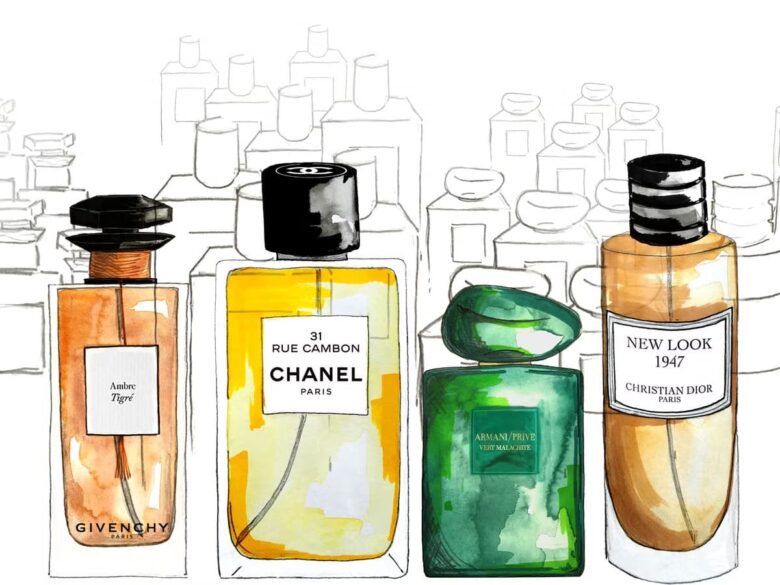

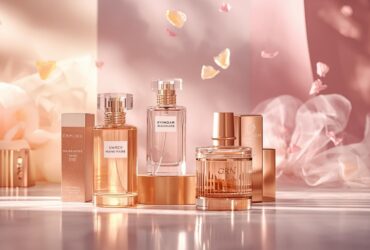
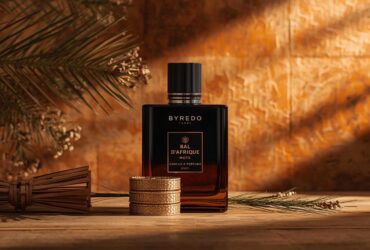
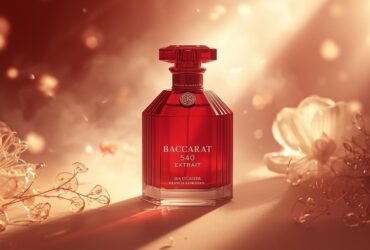
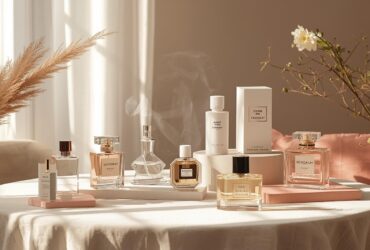
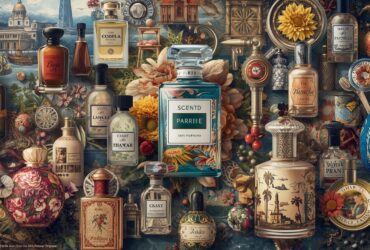

Leave a Reply